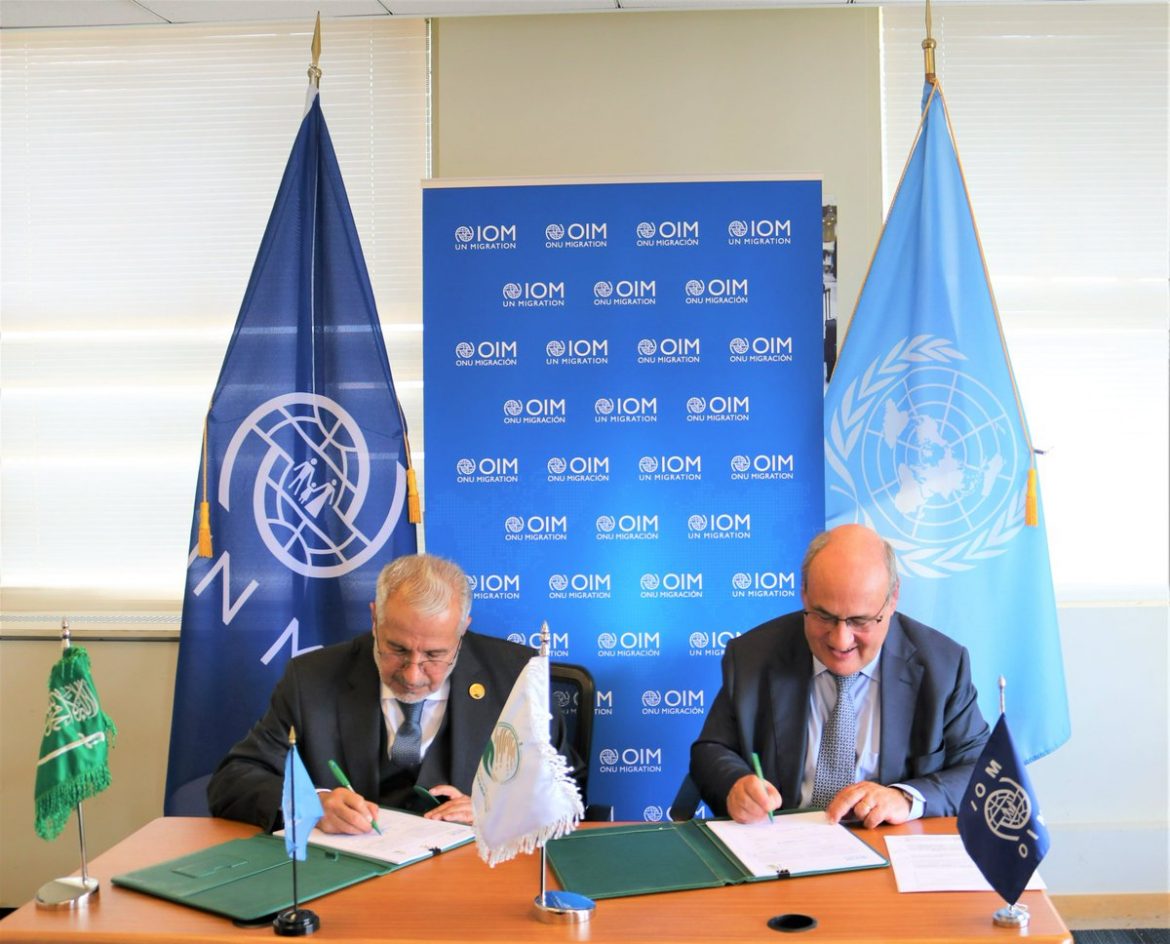Ahead of COP27, which will take place in Egypt in November 2022, the International organization for Migration (IOM) in Morocco, together with the Ministry of Energy Transition and Sustainable Development, the Ministry of Health and Social Protection and the Department of Moroccans Living Abroad has organized a symposium on climate change, migration and health.
The symposium, which took place in Marrakesh between the 12–13 October 2022, came within the framework of the regional project “Promoting the health and protection of migrants in vulnerable situations in Morocco, Tunisia, Libya, Egypt, Sudan and Yemen” funded by the Finnish Ministry of Foreign Affairs.
Speaking during the meeting, Mrs Laura Palatini, IOM Morocco’s Chief of Mission said that it was intended to discuss the interconnection between climate change and migration and health issues, which have a considerable humanitarian impact on local communities.
Read also: Akufo-Addo criticizes West over low funding for climate change
“Climate change has real and devastating health consequences which are drastic and often deadly,” she said. “IOM and its key stakeholders aim behind organizing this symposium to explore opportunities to strengthen future policies and programs on migration, health and climate change.”
She explained that IOM Morocco continues to be actively engaged on the issues of causality and impacts of climate change on mobility, especially for vulnerable populations, adding that as part of this, IOM Morocco has launched a pilot project, funded by the IOM Development Fund (IDF), to support its key partners to mainstream migration within environmental and climate change policies.
Also speaking, acting UN Resident Coordinator in Morocco M. François Reybet-Degat said that as far as the United Nations System in Morocco was concerned, they were committed to supporting national partners on the three thematics of this symposium, by participating in the reflection and exchanges.
“This is mainly ensured through the “Migration & Asylum” thematic group, whose main objective is to ensure the coordination between national and international interventions on migration and asylum issues, including those dealing with health and climate change,” he said.
This symposium, which is aligned with Goal 13 of the 2030 Agenda for Sustainable Development and Goal 2 of the Global Compact for Safe, Orderly and Regular Migration, among other things, explored the links between climate change, migration and health in the Middle East and North Africa (MENA) region with a particular focus on women’s health.
Among those in attendance were senior Government Representatives, partners, Member states’ Ambassadors, civil society, academics, donors and UN officials including Acting UN Resident Coordinator M. François Reybet-Degat.
Story was adapted from relief webs.
